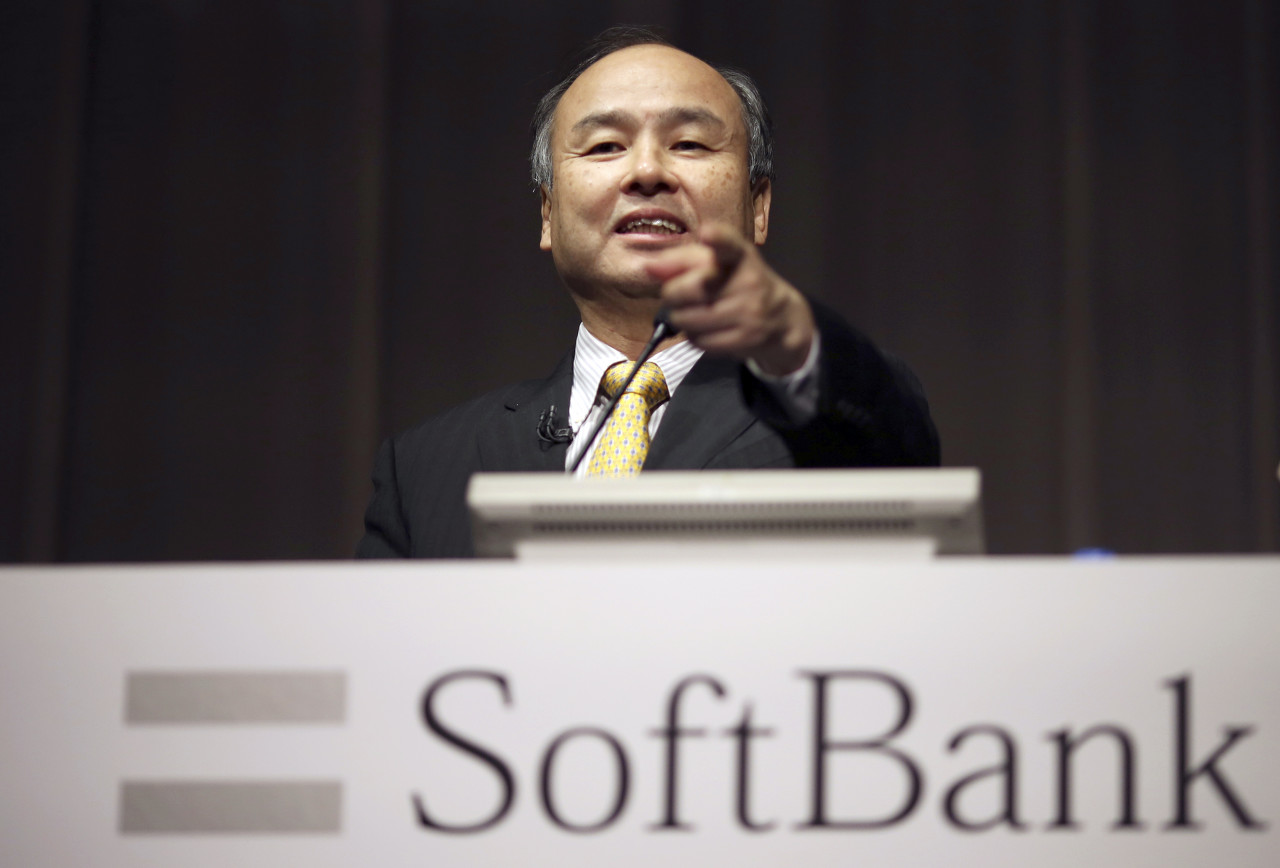SoftBank Group Corp. founder Masayoshi Son said he has departed the board of Chinese e-commerce titan Alibaba Group Holding as of Thursday, saying he is “graduating” from his most successful investment by far.
The billionaire told shareholders in Tokyo he is leaving just as Alibaba co-founder Jack Ma himself quits SoftBank’s board, but that didn’t signify any disagreements between the two billionaires. Alibaba, in which SoftBank invested early on and is now worth roughly USD 600 billion, remains the crown jewel of the Japanese company’s portfolio, Son emphasized.
“We would like to give our sincere thanks to Masayoshi Son, who gave Alibaba and our founding team entrepreneurial inspiration over the last 20 years,” said an Alibaba spokesperson on Thursday. “Softbank is our longest-tenured institutional shareholder, and we appreciate their continued support of our company and management team.”
Son began his annual presentation to investors in typical fashion, reaffirming his conviction that a global digital transformation and the advent of artificial intelligence—accelerated during the pandemic—will propel investments from TikTok-owner ByteDance to e-commerce titan Alibaba and British chip designer Arm.
He again said the market was thus underestimating SoftBank’s potential, arguing that the Japanese giant’s shareholder value now stood at USD 218 billion—more than double its current market capitalization.
Unloading assets
Son appeared more upbeat than at his most recent public appearance, joking Thursday that people later told him how “solemn” he appeared.
The billionaire is coming off one of the larger deals of his career, a sale of a stake in T-Mobile US that should net SoftBank as much as USD 20 billion. That deal plus other recent transactions meant SoftBank has now completed 80% of its envisioned JPY 4.5 trillion unloading of assets, intended to bankroll stock buy-backs and slash debt.
Son told shareholders he was exploring options to complete the remaining 20% but did not elaborate.
Alibaba is the owner of the South China Morning Post.
